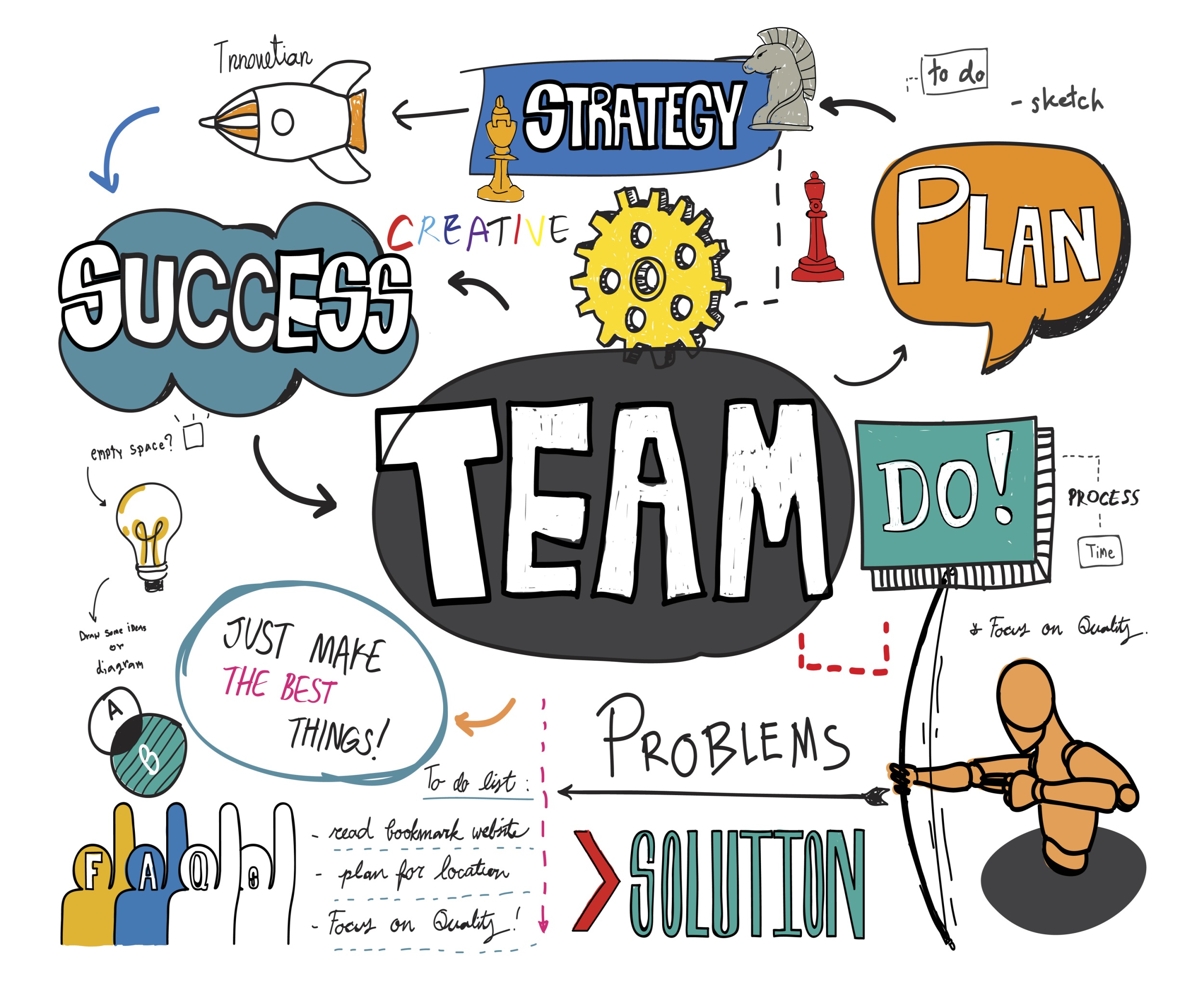
Introduction:
As a leader, one of your most significant responsibilities is to motivate your team. A motivated team is not only more productive but also happier, leading to increased job satisfaction and retention. In this blog, we’ll explore the art of motivating your team, providing you with effective strategies to boost morale and enhance productivity. We’ll also discuss the importance of SEO optimization to ensure your valuable insights reach a wider audience.
Understanding Motivation:
Before diving into the strategies, let’s understand what motivation is. Motivation is the internal and external factors that drive individuals to achieve their goals. For a leader, it’s essential to tap into these factors to inspire and energize the team.
Key Concepts of Motivation:
1. Intrinsic and Extrinsic Motivation:
Intrinsic motivation comes from within. It’s driven by personal satisfaction and a sense of accomplishment. Encourage your team to find purpose and passion in their work. Extrinsic motivation involves external rewards, like bonuses or recognition. While effective, it should be balanced with intrinsic motivation to maintain long-term enthusiasm.
2. Maslow’s Hierarchy of Needs:
Abraham Maslow’s hierarchy of needs highlights the different levels of needs individuals have. As a leader, understanding these needs can help you tailor your motivational strategies.
Motivational Strategies for Leaders:
1. Set Clear Goals:
Clearly defined goals give your team a sense of purpose and direction. Ensure these goals are specific, measurable, achievable, relevant, and time-bound (SMART).
2. Provide Regular Feedback:
Constructive feedback is essential. Acknowledge achievements and provide guidance for improvement. This shows your team that you care about their growth and success.
3. Foster a Positive Work Environment:
A positive workplace boosts morale. Encourage collaboration, recognize achievements, and promote a healthy work-life balance.
4. Offer Opportunities for Growth:
Support your team’s professional development by offering training and advancement opportunities. Employees who see a future within the organization are more motivated.
5. Empower Decision-Making:
Empower your team to make decisions within their areas of responsibility. This autonomy fosters a sense of ownership and motivates them to excel.
Conclusion:
In conclusion, motivating your team is an art that every leader can master. By understanding the principles of motivation, implementing effective strategies, and optimizing your content for search engines, you can enhance team morale and share your valuable insights with a broader audience. Remember, a motivated team is a successful team.
